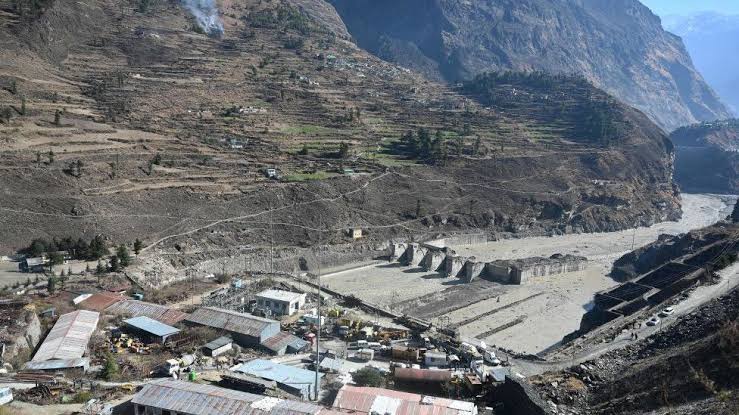
Chinese leader #XiJinping & Russian President #VladimirPutin have made a sweeping affirmation of their alignment across a host of issues – and shared mistrust of the United States – in a lengthy statement following talks between the two leaders in Moscow this week.
#ChinaRussia
#ChinaRussia

Xi’s three-day visit to the Russian capital, which concluded Wednesday, was an opportunity for the two self-described “friends” to showcase their close personal rapport amid the pomp of a state visit – and lay out how they could advance a world order.
Key Takeways of the Meeting btw 2 leaders
1. No meaningful path forward on Ukraine: The meetings yielded no breakthrough on resolving the conflict in Ukraine.
2. New world order: In their joint statement, the two authoritarian leaders called for promoting a multipolar world.
1. No meaningful path forward on Ukraine: The meetings yielded no breakthrough on resolving the conflict in Ukraine.
2. New world order: In their joint statement, the two authoritarian leaders called for promoting a multipolar world.
3. Military mutual trust and defense ties: Russia and China pledged to further deepen military mutual trust, citing strengthening their military exchanges and cooperation and regularly organizing joint maritime and aerial patrols.
4. Economic and energy boost:
Putin affirmed that Moscow is ready to support Chinese business replacing Western enterprises that left Russia. Following sanctions
Russia has become reliant on China as both an import market and an exporter of electronics.
Putin affirmed that Moscow is ready to support Chinese business replacing Western enterprises that left Russia. Following sanctions
Russia has become reliant on China as both an import market and an exporter of electronics.
5. Divided world: The optics of the Moscow summit was a deep contrast to the coinciding meeting in
Ukraine btw Zelensky and Japanese leader Kishida.
Xi’s visit clearly puts China & Russia relations above any kind of other bilateral relations China can have: Jean-Pierre Cabestan
Ukraine btw Zelensky and Japanese leader Kishida.
Xi’s visit clearly puts China & Russia relations above any kind of other bilateral relations China can have: Jean-Pierre Cabestan
Reference:
edition.cnn.com/2023/03/22/eur…
edition.cnn.com/2023/03/22/eur…
• • •
Missing some Tweet in this thread? You can try to
force a refresh











